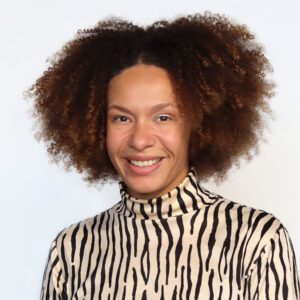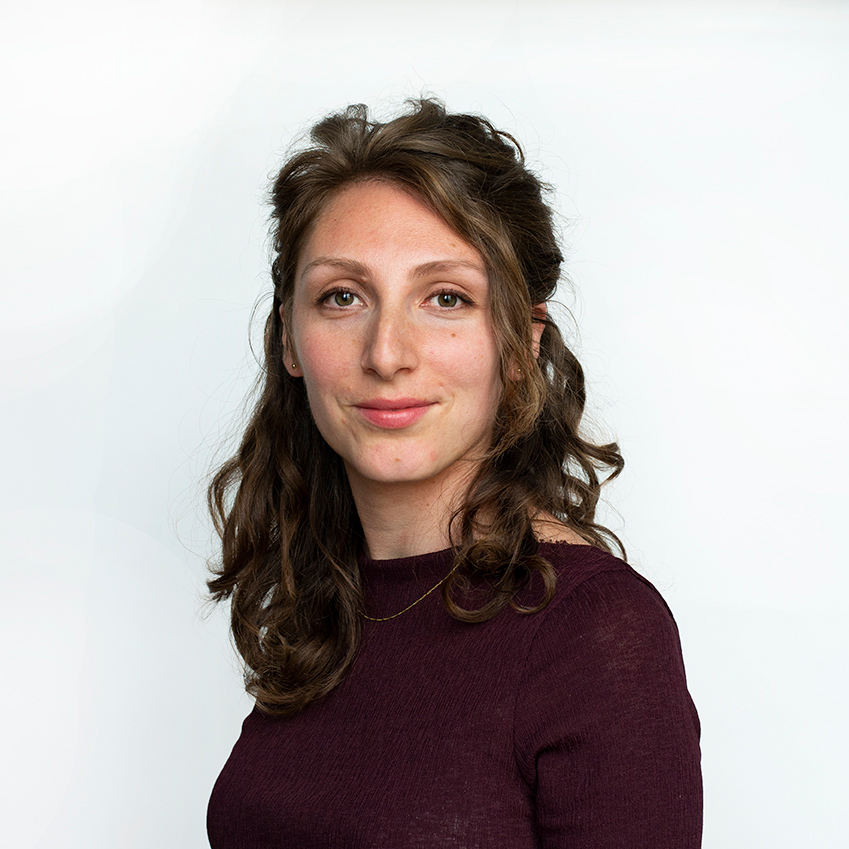Every year more and more people get diagnosed with advanced forms of cancer or other incurable diseases. And medical experts expect this figure to steadily rise over the coming decades.
Such a diagnosis has a huge impact on a patient’s life, and it is up to medical professionals to deliver them the bad news and to continue conversations during the ensuing illness trajectory. But are they properly equipped to deal with this difficult task?
Tonight we will discuss the future of the bad news conversation. What do patients and their families need from their doctors? Is it better to be as transparent as possible about disease diagnosis and prognosis, or does this depend on the individual context? And is there even a good way to tell someone that they are dying? In this talk we will explore these questions further with the help and personal experiences of doctors, patients and other experts.
About the speakers
Anthony Back, MD is a co-founder of VitalTalk, a national nonprofit that provides innovative, interactive clinician and faculty development courses to improve communication skills on an individual and institutional level. Dr. Back is a professor of medicine at the University of Washington in Seattle, and the Fred Hutchinson Cancer Research Center.
Ingeborg van Beek is a communication expert and the author of the book Levenshaast. In 2013 she was diagnosed with an incurable brain tumor.
Jonathan Koffman is a Reader in Palliative Care at Cicely Saunders Institute (King’s College London). Prior to coming to King’s, Jonathan worked for the National Health Service (NHS) as a public health specialist.
Eveliene Manten-Horst is the director of Nationaal AYA ‘Jong & Kanker’ Zorgnetwerk, a network for young adolescents with cancer.
Marike de Meij is a general practitioner and Head of Palliative Care at OLVG Hospital in Amsterdam.
Sabine Netters works as an internist-oncologist at Isala Hospital in Zwolle. Within Isala she is the supervising consultant of the palliative care team. Together with lung specialist Sander de Hosson she founded Carend, a center for palliative care.
Anne Rios is the Principal Investigator and Head of the imaging center of Princess Máxima Center for Pediatric Oncology. Dr. Rios developed a unique imaging technique to visualize intact organ/tumor in 3D. Her group is now implementing this 3D methodology and other advanced imaging techniques to decipher the cellular and molecular mechanisms governing pediatric cancer initiation and progression in a developing organ.
Artist and sociologist Lotte de Schouwer is the author of Overlijdensberichten (‘Obituaries’), about the death of her partner Michiel, who died from a brain tumor, and the grief that followed.
This program is made in collaboration with Dr. Liesbeth van Vliet and Dr. Annemarie Samuels.
Liesbeth van Vliet works as a Dutch Cancer Society Young Investigator/Assistant Professor at the Department of Health, Medical and Neuropsychology at Leiden University. She studies how communication can heal and harm when patients are confronted with a serious, life-threatening illness. Liesbeth was a NIAS-KNAW 2019/2020 Fellow.
Annemarie Samuels is Associate Professor at the Leiden Institute of Cultural Anthropology and Development Sociology. Annemarie is Principal Investigator of the ERC project “Globalizing Palliative Care? A Multi-sited Ethnographic Study of Practices, Policies and Discourses of Care at the End of Life.
Sprekers








Binnenkort in De Balie

De Indonesische blik op 350 jaar Nederlandse overheersing

The Freedom Lecture: Abraham Jiménez Enoa



